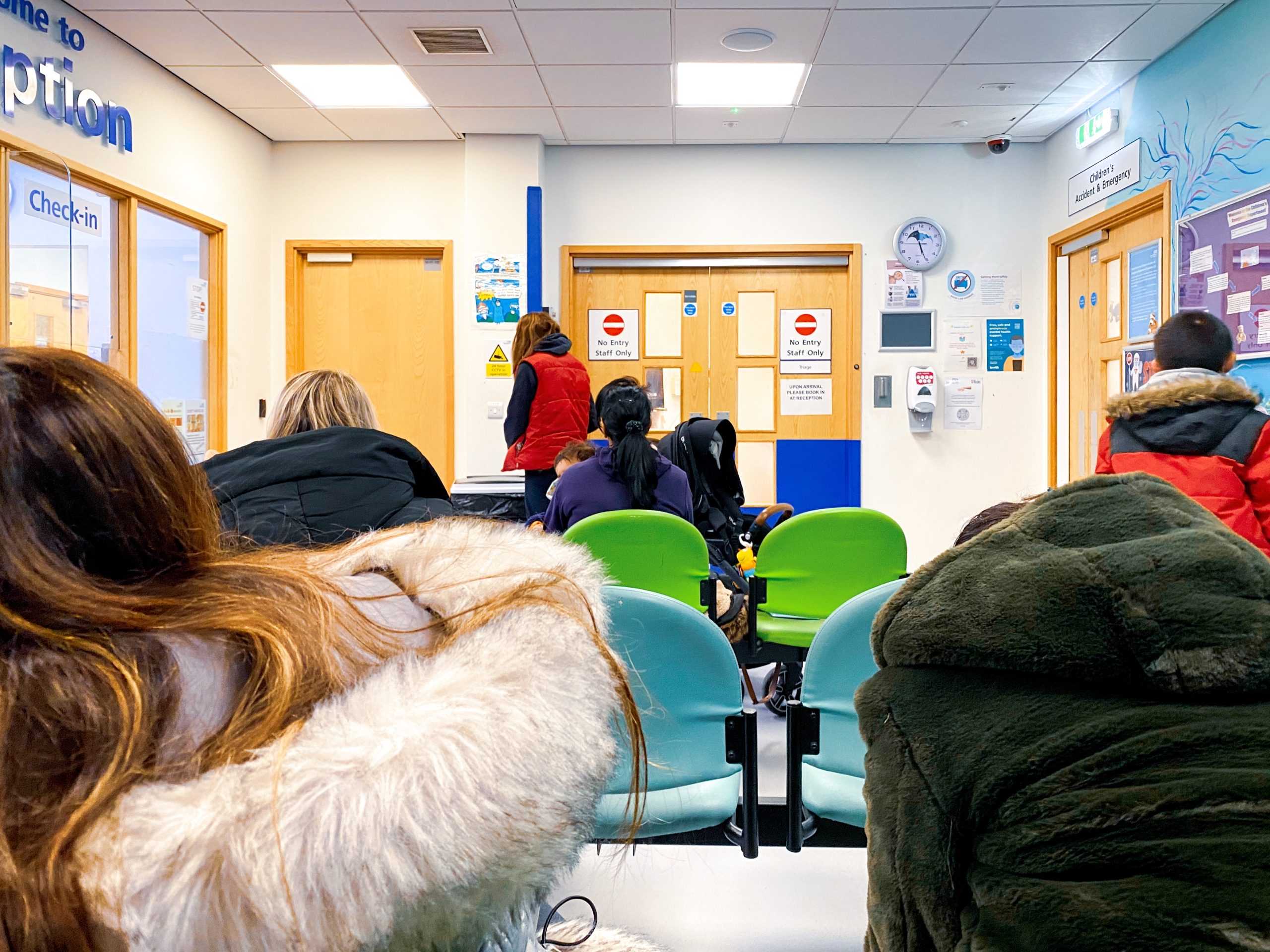A call to prioritise investment in universal health coverage to strengthen resilience
Universal health coverage is one of the SDGs that governments committed to reach by 2030, yet most are off track. UHC2030 is working with international partners to further this cause, which could prove transformational in supporting economies and as a foundation for further growth
There are many lessons learned from the recent Covid-19 pandemic. One of the most significant is that to withstand and recover from shocks, we need resilient populations, resilient communities, resilient health systems and resilient economies. To achieve this level of resilience, we need governments to make the political choice to make investment in health a top priority.
When governments agreed to the Sustainable Development Goals, they prioritised achieving universal health coverage by 2030.
Their commitment was that all people have access to the full range of the quality health services they need, when and where they need them, without financial hardship. Importantly, it included the promise that people should not face any financial barriers in accessing needed health care or risk catastrophic out-of-pocket health spending.
Yet, midway to the 2030 target of the SDGs, progress towards achieving universal health coverage is off track. According to the latest data, at least 4.5 billion people – more than half of the world’s population – are not fully covered by essential health services. Financial protection is also deteriorating, with 2 billion people experiencing financial hardship due to health expenditures borne directly by patients.
Those of us working in health see rising numbers of people delaying or foregoing treatment or going broke due to out-of-pocket health expenses. It is impossible to forge resilient communities with this rising health-related poverty. As the inequalities gap widens, trust between government and communities is eroded, further aggravated and compounded by growing debt, poor accountability and lack of transparency in public financial systems and democratic mechanisms of governance.
We know finance ministers face pressure with competing requests for funding. However, insufficient investment in health is not just catastrophic for individuals; it becomes catastrophic for governments as well. Poor health outcomes affect long-term economic growth by reducing worker participation and productivity rates, exacerbate inequities and, in lower socio-economic strata, have a disproportionate effect on household spending. Therefore, choosing to spend wisely in health is both an investment and insurance, saving money in the long run and making universal health coverage and the SDGs more achievable.
UHC2030 is a global, multi-stakeholder platform with members from countries, civil society, the private sector, philanthropic foundations, United Nations agencies and other international organisations. We are putting forward just some of our members’ recommendations here, including from the UHC Movement Action Agenda.
We believe that finance ministers, parliamentarians, and other policy and decision makers will find helpful ideas among those listed below that are compatible and applicable to their work, even though every country, just like every patient, has its own context. Our suggestions include:
Increase and stabilise public spending on health and adopt nationally appropriate spending targets to ensure everyone, everywhere can access the health services they need while minimising out-of-pocket payments throughout their life course.
Build or strengthen equitable and resilient health systems based on a primary healthcare approach that incentivises universal access, prevention, preparedness and health promotion, and leverages innovations. The majority of essential health interventions can be delivered through primary health care, which is the most inclusive, equitable, cost-effective and efficient approach.
Establish national public health insurance schemes financed through progressive taxation and consider public subsidies to ensure that no one is impoverished because of out-of-pocket payments for essential health care. Start with the most vulnerable or left behind and progressively strengthen the system.
Fund the treatment of patients in a way that places them at the centre of care and aligns their needs with access to appropriate services and products.
Request integration and coherence across the political and policy architecture to ensure programmes and policies affecting health outcomes are mutually reinforcing.
Implementing and operationalising these recommendations requires urgent political and policy action, but the gains can be immense. A recent BMJ paper predicts that the economic benefits from health improvements will add $12 trillion (8% of global gross domestic product) in 2040 because of fewer early deaths and workers being physically and cognitively healthier. Furthermore, each year of life expectancy gained raises GDP by approximately 4%.
It would be useful for finance and health ministers to work together with experts to use existing data to assess their country’s health and related policies and budget expenditure, looking at projected costs and future gains. In particular, it is important to disaggregate data to look at the burden of disease within populations and regions, including disaggregating for gender.
Building the resilience of individuals and communities will require short-, medium- and long-term investment. And this investment creates protections that will pay off in terms of avoided disease and premature deaths, shorter hospital stays, less absenteeism at work and higher productivity.
Make the investment now, in advance of 2030, and there is the option of a secondary benefit: building a healthier, safer, fairer and more prosperous world with universal health coverage. The investment into building and strengthening trust within and between communities and government, by including them in decision-making on matters that affect their health and well-being, is priceless.












